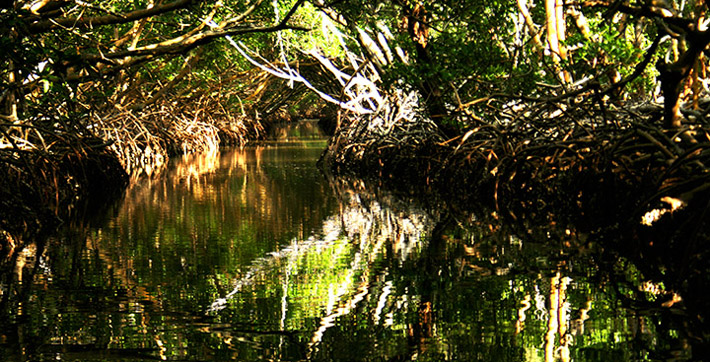
In the northern municipality of Manatí, the implementation of equipment and alternatives materialized by the Provincial Delegation of the Ministry of Science, Technology and Environment (CITMA), with the overlapping of other local entities, allows to counteract weather effects, promote the development of tourism and ensure the physical and food security of vulnerable communities, in correspondence with the State Plan for Confronting Climate Change, known as Tarea Vida (Life Task).
Manatí, Las Tunas.- The main specialist of Science, Technology and Environment Management in Manatí, Eliza Kely Valera, told 26 that “together with the Agro-Forestry base business unit (UEB), the Integral Agricultural, Aqueduct and Sewerage, the Electricity Union and Physical Planning, they are promoting an action plan for the development of environmental culture and other issues related to climate change, which implements activities contemplated during the first stage of this initiative that began in 2017.”
In the case of the Agro-Forestry UEB, “their reforestation plan was fulfilled to mitigating the effects of climate change through environmental services, and they also restored 20 hectares of yana, incorporating for this concept several reforested areas to the forestry heritage of the municipality.
"Another 30 hectares were managed in the landscape reconstruction to restore this natural ecosystem, with the category of coastal producer, seriously affected by anthropogenic events, such as indiscriminate logging."
Kely Valera also highlighted the main actions in the Fleitas productive pole, in conjunction with the Integral Agricultural Company, "where more than 234 thousand pesos were used in soil conservation measures, besides the benefit of 49 hectares with drainage channels, among other actions.”
"Meanwhile, Aqueduct and Sewerage repairs the hydraulic infrastructure of the municipality, mechanized cleaning of river drains, and the manual cleaning ditches and channels."
The second stage of the Life Task, which is currently underway, from 2020 to 2030, has among its projections other activities in the municipality of Manatí, goals in which the AZCUBA group and the Fishing UEB are integrated through the Ecovalor Project.
The Life Task is supported by a multidisciplinary scientific base, which gives priority to 73 of the 168 municipalities in the country, 63 of them in coastal areas and another 10 in the interior of the territory. It includes five strategic actions and 11 tasks to counteracting the effects on vulnerable areas, which were approved on April 25, 2017, by the Council of Ministers and constitute a priority for the country's environmental policy.





